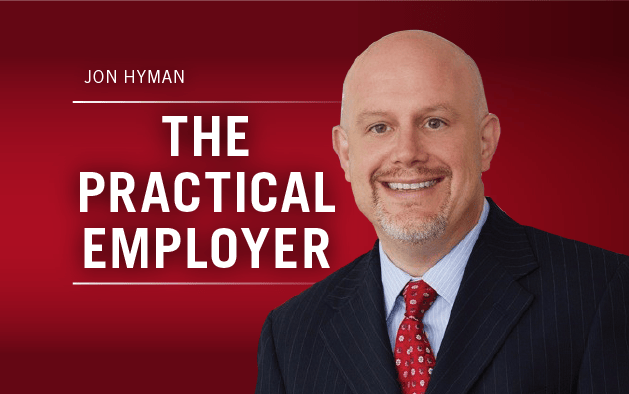Product
Solutions
Hospitality
Commentary & Opinion
When Alcohol Is Involved, the ADA Distinguishes Between ‘Having a Disability’ and ‘Disability-related Misconduct’
By Jon Hyman
Sep. 11, 2019
Alcoholism is an ADA-protected disability.
Yet the ADA does not require that employers accommodate alcoholics by permitting them to drink, or otherwise be intoxicated, on the job.
Case in point? Dennis v. Fitzsimmons (D. Col. 9/5/19).
Jared Dennis was employed as a deputy in the Summit County, Colorado, Sheriff’s Office. He’s also an alcoholic. While on administrative suspension following his wife’s allegation of domestic violence, Dennis got drunk at home the night before his criminal arraignment. The following morning, he failed his intake breathalyzer. Thereafter, the Sheriff’s Office terminated him for, among other rules violations, conduct unbecoming of an officer and being impaired while on duty.
It is generally recognized that alcoholism can constitute a disability entitling the employee to protection under the ADA…. The more difficult question is whether Deputy Dennis has come forward with evidence that his termination resulted from his disability, rather than his conduct.…[W]hen the disability at issue is alcoholism, the ADA … draw[s] a distinction between “having a disability” and “disability-caused misconduct.”
It is undisputed that the SCSO based its decision to terminate Deputy Dennis’ on the fact that he reported for his arraignment in an intoxicated state. Thus, there is no dispute that SCSO’s decision arose from his unsatisfactory conduct on the morning of July 28, not from his abstract status as an alcoholic. As noted, the ADA … do[es] not extend protection to actions of alcohol-influenced misconduct, even if the employee’s alcohol use is related to the disability of alcoholism. Accordingly, Deputy Dennis has not come forward with evidence that indicates that his termination was based on his status as a disabled person (as opposed to his conduct).
Schedule, engage, and pay your staff in one system with Workforce.com.
Recommended
Compliance
Minimum Wage by State (2024)federal law, minimum wage, pay rates, state law, wage law compliance
Staffing Management
4 proven steps for tackling employee absenteeismabsence management, Employee scheduling software, predictive scheduling, shift bid, shift swapping
Time and Attendance
8 proven ways to reduce overtime & labor costs (2023)labor costs, overtime, scheduling, time tracking, work hours
